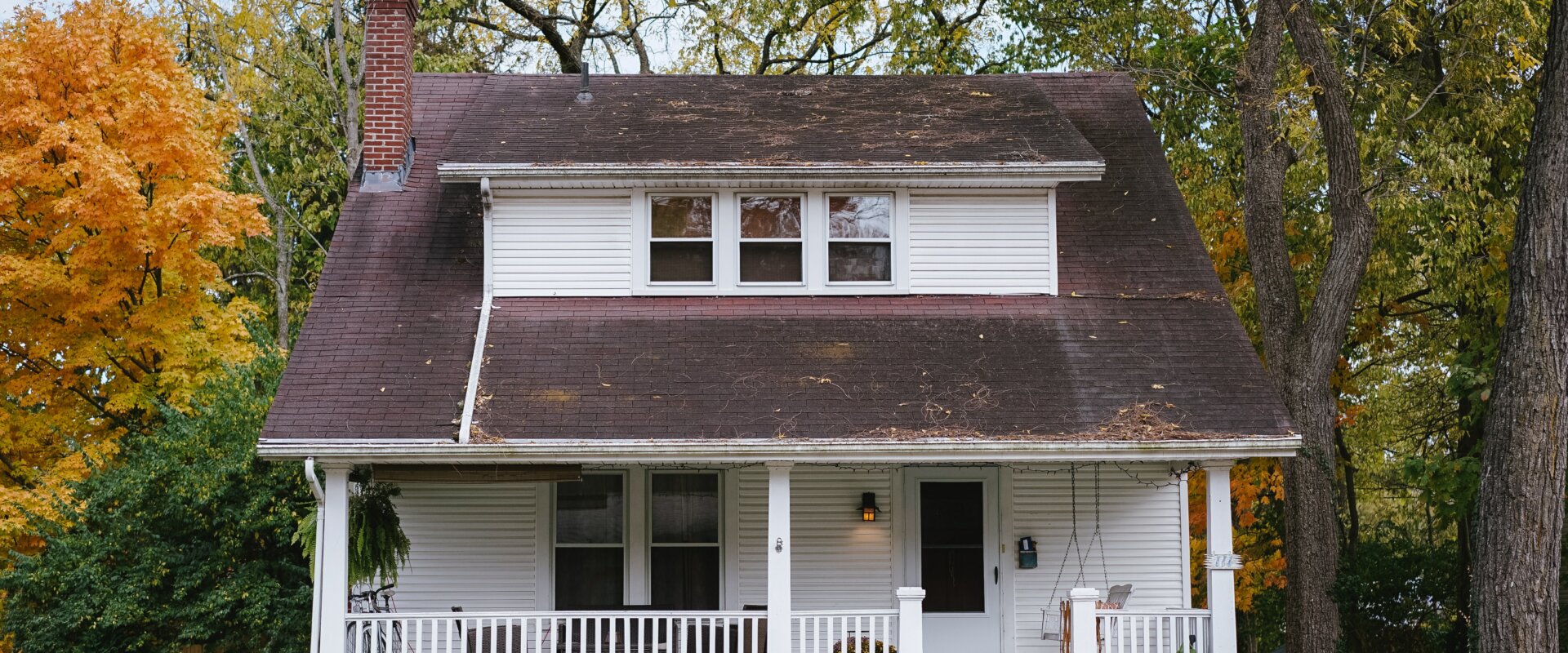For many Americans, rental agreements are essential, and for property owners, the rental of real estate may be a lucrative business. In fact, according to Rent Café, over half of the households in Lancaster, PA are renter-occupied. Many tenants are excellent and rarely generate issues that owners with knowledge of professional property management cannot readily resolve. However, renter issues can be a major pain for a single property owner trying to rent out a home left behind by an elderly relative who can no longer live alone, or an older home that has been a good investment in previous times.
5 Major Tenant Problems Property Owners Deal With In Lancaster, PA And Some Solutions.
For the professional property owner who may be able to hire a company to deal with problem tenants, legal issues and more, this is part of the everyday rental business. For the individual who may have only a few rental properties, or even one they are trying to make some extra income from, problem tenants can be a real headache.
1. Late Or Incomplete Payments
The most frequent problem, which is late or insufficient rent payments, will be our first focus. If you’re a prudent property owner, you’ll make it very clear when the lease is signed that your property management protocol is rigorous, there is no place for late payment penalties, and the accountant will need to take the late fees into account when calculating the cash flow at the end of the year. Even if you only have one or two properties, we encourage you to come on strong with your lease contract language. You can always play “nice guy” later if your tenant has a real hardship.
The best advice for handling late payments is to be tough, regardless of how lovely a person you (or they) are. If you don’t, you’ll run into problems later on since the next time, five days late will be three weeks. If you haven’t previously, now is the time to inform them that late fees are final (this is known as the “good cop/bad cop” method, with the accounting system playing the role of the bad policeman).
When the rent payment (or partial payment) is past due to the point where your agreement stipulates that action will be taken within a few days, send an email or provide a call as a courtesy warning. Do something then, even if it makes you uncomfortable, when that time comes. This is typically a notice of nonpayment of rent with a pay by date or vacate deadline.
2. Damage To Property
On the list of the most frequent problems with tenants, property damage is second only to late rent. If you don’t already, think about ditching the clipboard and switching to a mobile inspection app. They not only cut inspection time in half, but they also let you take pictures with your smartphone and add them right to the report, giving you the “before” images as evidence in the event of later damage. Things can get a little complex when there is debate over an unapproved “improvement” that you feel is actually a detraction (like painting or shelving). Although you’ll need to consider each one separately, your contract probably specifies that the home must be returned in the same condition as when you first moved in. It is their responsibility to repaint the walls before moving out or to cover the cost with their damage deposit if the freshly painted walls are neon pink.
If there is damage, you must first request a written repair from the tenant and save a copy for your records. You can engage your own maintenance workers to take care of the issue if the tenant is unable or unable to do it, and you can then charge the tenant. Your lease should expressly provide you the right to do this in the event of damage that goes beyond normal wear and tear. Here is a review of the 5 top rated rental property management apps which can be of real help in documenting before and after damage as well as help you with numerous other rental property issues.

3. Sub-Leasing Without Permission
Some tenants will sublet the entire rental or a portion of it without first asking your permission. Additionally, some people have been covertly booking short-term vacation rentals in the era of Airbnb. In a few places, it is prohibited. At the very least, having a parade of strangers fill the place is significantly different than having the people you approved and vetted present. The practice is generally disliked by the neighbors.
Then there are guests that remain at the house, which may be anyone from a friend who stays over the weekend on the couch (no problem) to a death metal band who moves in for a month of nonstop partying (likely a problem). The more specific the language in your contract, the more latitude you have in handling “unexpected guests.” If you leave the door wide open, your tenants will argue that since they are paying their rent, they should be free to live with anyone they like (no pun intended).
4. Complaining Whiners About Every Little Issue
Some tenants are challenging to reach. Others make regular phone calls and make ridiculous demands, such as the AC doesn’t seem to be working correctly (despite being checked out twice), there isn’t enough hot water, a door is sticking, etc. Even calls are made over small problems that they ought to be able to handle themselves or as the lease requires. Tenant complaints shouldn’t sway you; you already have enough pressing issues to attend to. The truth is that, under any circumstances—legal or otherwise—you are not required to respond each time they approach you.
5. Pets!
Don’t skimp on regulations or extra deposits when it comes to the animals who reside on your property. When the owners leave, a chew-obsessed dog or a possessive cat may cause severe harm and even mare it challenging to rent the home. Even if you do permit pets, you should nevertheless conduct frequent property inspections to ensure that no harm is being done. You should take action if you don’t let them (Caution, service animals are not regarded as pets in PA and must be allowed.), but you discover evidence of them nevertheless, before the renters pack up and depart and things become complicated. Be prepared to react if a renter inquires as to whether it is acceptable to have, example, a few ferrets residing in the residence since many tenants today own strange animals.
For tenants who will have an animal, you might want to add a second deposit. If you check after the tenant has left and discover everything is in order, you can return the additional deposit. If not, you have some additional money to pay for the necessary repairs.
These are some of the problematic tenants that are most common in single-family homes, however there are more. Tenant protection rules make it difficult to evict a tenant if issues continue. As you are aware, you cannot just evict a renter if they are still under the terms of their contract. Furthermore, it is illegal to shut off the water, change the locks, or threaten them in order to place them under duress.
An eviction is only advised when all other attempts to fix the situation have failed or when the renter has engaged in illegal conduct; in any instance, you must follow legal processes to carry it out. To view the official renter and property owner laws for Pennsylvania, click this link.
How To Permanently Address These Common Tenant Issues
Consider selling your property for cash as soon as you are able to do so legally in relation to your present lease if you are weary of dealing with these kinds of issues repeatedly and believe the income no longer merits the hassle and stress.
We buy houses in any condition at Awakened Properties. You are not required to fix any damage caused by tenants, their visitors, or their pets. We will also take care of carting away any leftover items left by negligent renters as we are purchasing the home “as-is“. Read more about our procedures here. You may read about our stellar reputation in the neighborhood here. We will present you with a reasonable cash offer that is free of commissions, fees, or closing costs. We can act immediately, enabling you to quickly avert your monthly tax, insurance, or mortgage obligations. Give us a call if you’re interested in a free offer. Call us at (717) 925-7465 right now.

